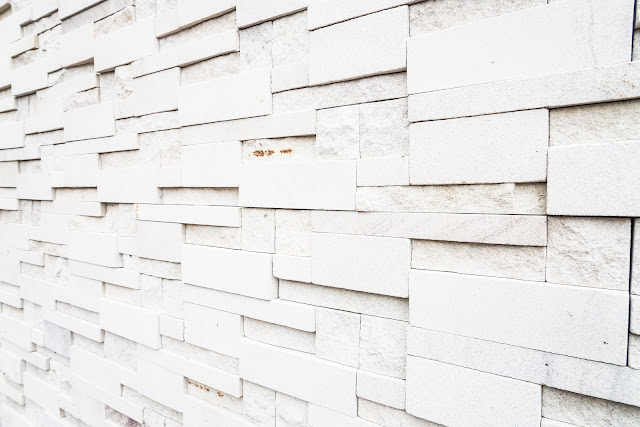Wall Cladding A Perfect Fusion of Style and Functionality
- Get link
- X
- Other Apps
Wall cladding is more than just a finishing touch—it’s a smart, stylish solution for enhancing the beauty, durability, and insulation of both interior and exterior walls. From residential homes to commercial buildings, wall cladding has become an essential design and structural element, offering a wide array of material choices and aesthetic options to suit every style.
What is Wall Cladding?
Wall cladding refers to the process of covering a building’s wall surface with another material to provide protection and enhance appearance. It acts as a protective skin that shields the underlying structure from environmental elements such as moisture, heat, and UV rays, while also adding texture, color, and character to the building’s design.
Cladding materials are available in a wide range of options, including wood, stone, brick, metal, vinyl, fiber cement, and composite panels, making it suitable for different climates, styles, and budgets.
Types of Wall Cladding
Stone Wall Cladding
Natural stone cladding offers a timeless and rustic appeal. It’s often used for feature walls, fireplaces, or exterior facades. Stone cladding is durable, weather-resistant, and provides a luxurious, earthy feel.
Wood Wall Cladding
Wood cladding adds warmth and organic charm to any space. Available in various grains, stains, and finishes, it’s ideal for both modern and traditional interiors. Wood requires maintenance but offers a naturally aesthetic appeal.
Vinyl and PVC Cladding
Lightweight, cost-effective, and available in many colors and textures, vinyl and PVC cladding are perfect for residential and commercial applications. These materials are low-maintenance and resistant to moisture and insects.
Metal Cladding
Aluminum and steel cladding provide a sleek, industrial look. They are highly durable, resistant to corrosion, and often used in commercial buildings or modern homes with a minimalist design.
Brick and Tile Cladding
Brick and tile cladding offer a classic and strong exterior finish. They’re particularly effective for thermal insulation and soundproofing and require minimal upkeep.
Benefits of Wall Cladding
Aesthetic Appeal
Wall cladding transforms plain walls into architectural features. Whether you prefer a natural, rustic look or a modern, sleek style, cladding enhances visual appeal and adds depth and texture to walls.
Protection
Cladding acts as a protective layer that shields walls from harsh weather, moisture, temperature changes, and pollution, ultimately increasing the building's lifespan.
Insulation and Energy Efficiency
Many cladding systems provide excellent thermal and acoustic insulation. This helps in maintaining comfortable indoor temperatures and reducing energy bills.
Low Maintenance
Materials like vinyl, metal, or stone are easy to maintain and clean, making them ideal for both busy homes and high-traffic commercial areas.
Increased Property Value
Quality wall cladding not only improves the appearance and performance of a building but also adds to its market value, making it a smart long-term investment.
Applications of Wall Cladding
Wall cladding is used in a variety of settings:
Exterior Walls: Protects against weather and enhances curb appeal.
Interior Feature Walls: Adds a focal point in living rooms, lobbies, or conference areas.
Commercial Spaces: Used in hotels, malls, and office buildings for a high-end look.
Bathrooms and Kitchens: Water-resistant cladding like tiles or PVC is great for wet areas.
Conclusion
Wall cladding Dubai offers a powerful combination of durability, insulation, and aesthetic value. With so many styles and materials to choose from, it allows property owners to personalize their space while protecting it from the elements. Whether you’re building from scratch or renovating an old structure, wall cladding is a design investment that pays off in functionality, beauty, and lasting quality.
- Get link
- X
- Other Apps

.jpg)


Comments
Post a Comment